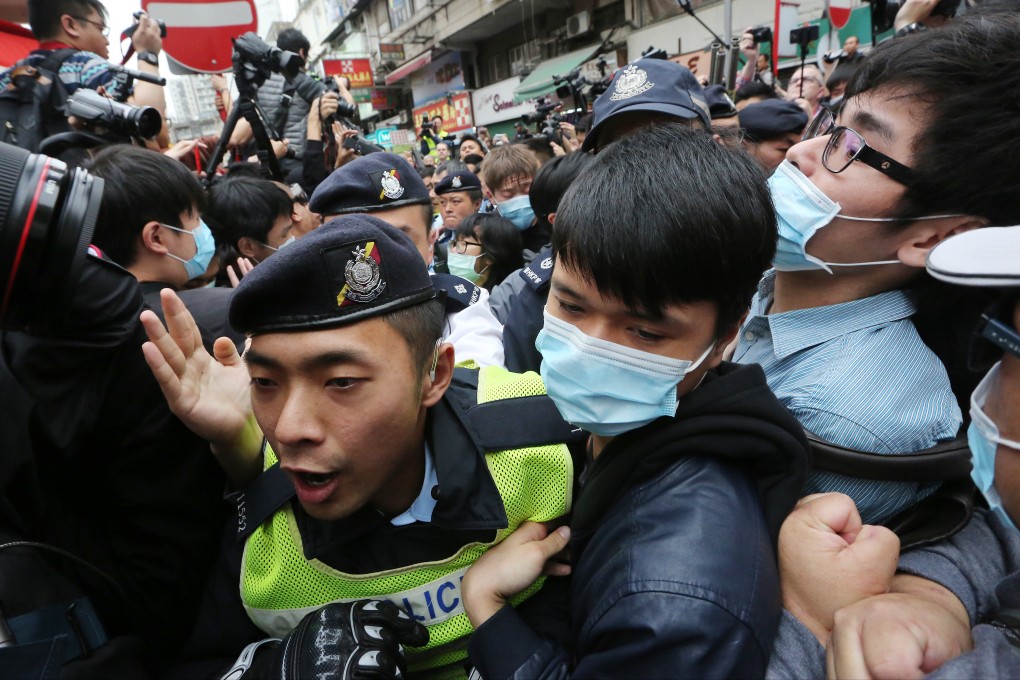My Take | Hooligans not the solution to parallel trading problem
Local media continue to call them protesters or demonstrators. But sorry, let's call a spade a spade. There is a word for people like that: hooligans.

Local media continue to call them protesters or demonstrators. But sorry, let's call a spade a spade. There is a word for people like that: hooligans. These are the people, mostly youngsters, who have been organising weekly rallies in Yuen Long, Sheung Shui, Tuen Mun and Sha Tin against parallel-goods traders from across the border, but end up fighting with police, and picking on and sometimes even attacking any passers-by who carry bulky baggage or pull trolleys.
For all they know, their targets might not even be from the mainland. Police and immigration figures show more than half of parallel traders aren't even mainlanders, but local people. If they had their wishes, conditions might not improve that much. If mainland traders were completely banned, that would just mean a monopoly by parallel traders from the Hong Kong side.
The ironic thing is that most of those hooligans don't even live in the northern districts of the New Territories that are most affected. They respond via social media run by quasi-fascist groups like Hong Kong Indigenous and Civic Passion. The real local residents who actually experience the inconvenience and frustration may be willing to rally and complain to the government, but they offer nowhere near the level of confrontation and violence of those mobs we have repeatedly seen over many weekends and Sundays now. Given their deliberate and repeated provocation, police would be justified in taking harsh measures.
This does not mean there isn't a problem with parallel trading. There should be short-, medium- and long-term strategies to address it. As an immediate measure, customs on both sides of the border must crack down on repeat offenders - whether mainlanders or Hongkongers - who carry undeclared goods.
As a medium-term strategy, centralise warehouses where a reduced level of trading may be conducted to minimise disturbances to local residents.
Longer term , authorities in both Hong Kong and Shenzhen should reexamine permits with multiple entries. If we want to reduce the number of visits Shenzhen residents may make to Hong Kong, we should be willing to accept restrictions on our ability to visit Shenzhen and the rest of mainland too. That's just fair.
